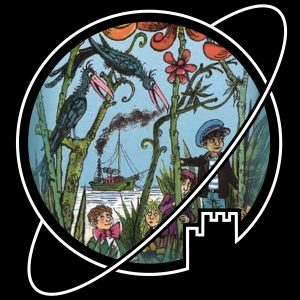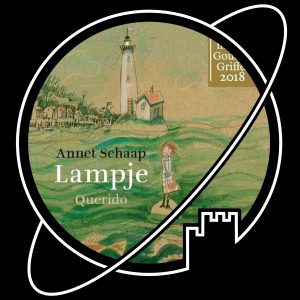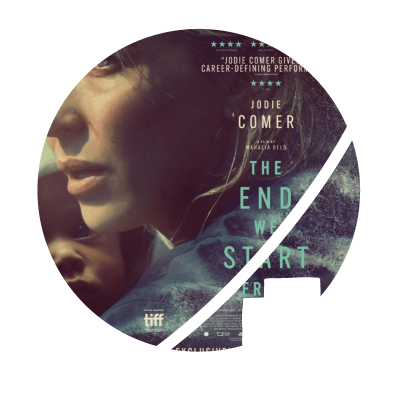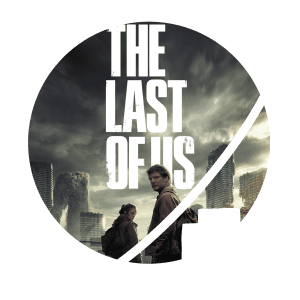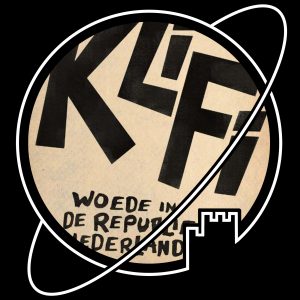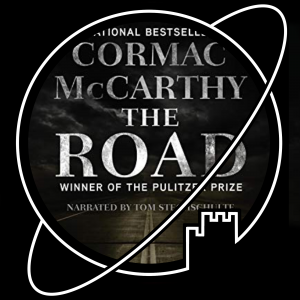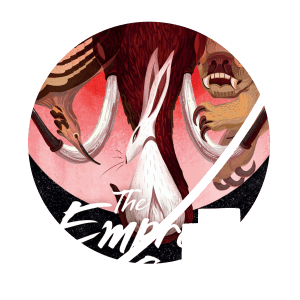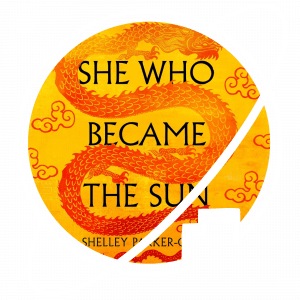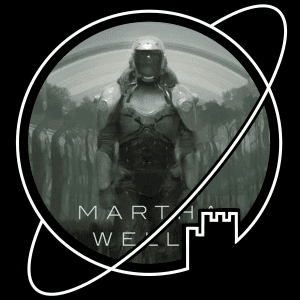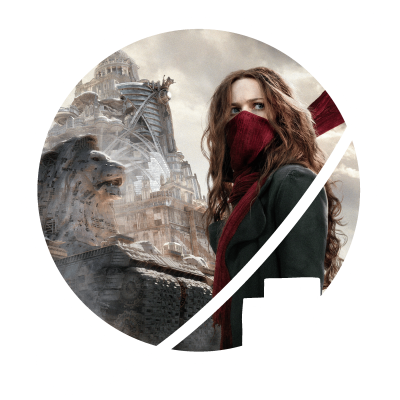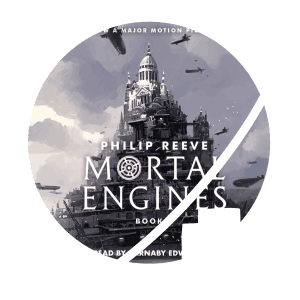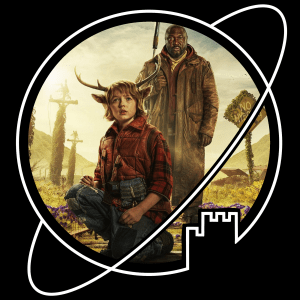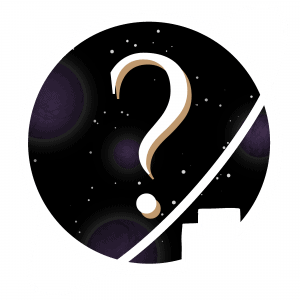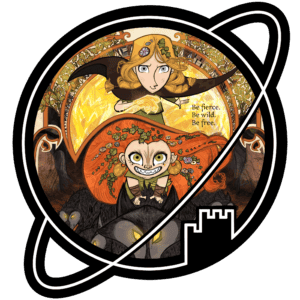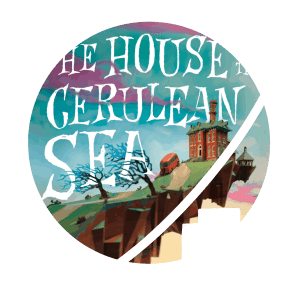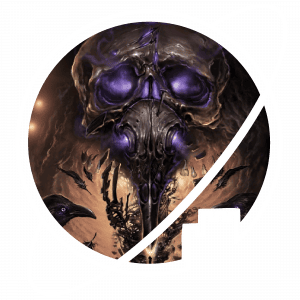Welcome to the Escape Velocity Collection!
We are an opinionated group of friends reviewing all sorts of fantasy and science fiction media. Don’t forget to get to know the curators and visit our curated Collection, where we discuss the stories that never cease to transport us to another world.
Will you escape with us?
LATEST POSTS:
- Novel written by Peter S. Beagle
- Published in 1968
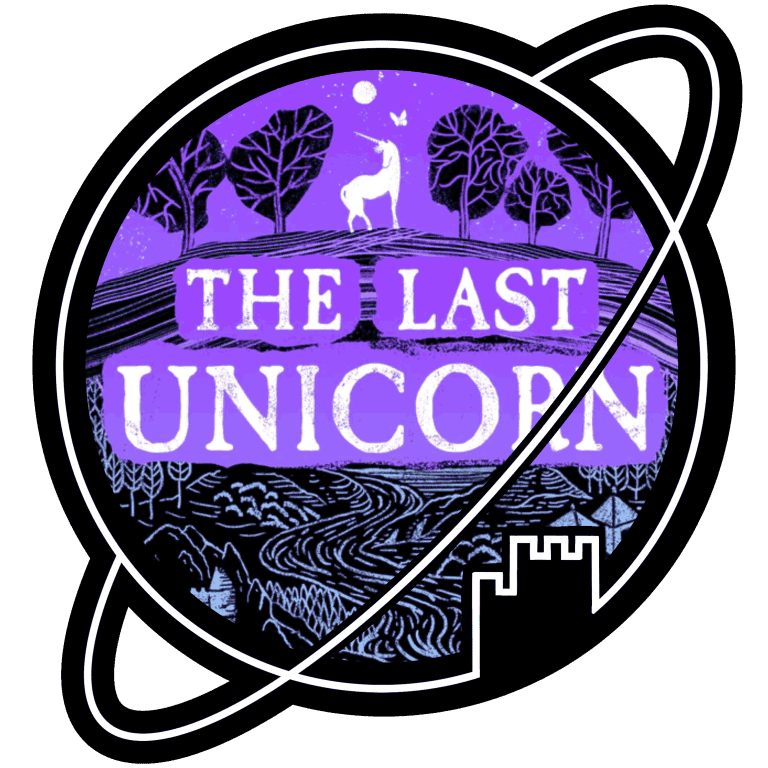

I love unicorns. I hope I won’t have to defend that position in the year of our lord 2024. It’s an extra sparkly horse with a horn. What’s not to like? It should surprise no one, then, that I expected to really enjoy The Last Unicorn.
I had heard of this book, but I hadn’t really heard anything about it. I just knew that there was a classic novel about a unicorn. In a way it makes sense, because I find this book very hard to describe.
The start of this book was very confusing. It’s very much a fairy tale, and the first couple of chapters feature some very florid language that, for me, was very hard to comprehend. I had to reread sentences a couple of times to even understand what was going on, and even then that didn’t always help. It gets better eventually, but I unfortunately was never truly dazzled in the way Patrick Rothfuss said I would be in the introduction. This book just didn’t feel groundbreaking.
What I do really like is how the unicorn is, essentially, a complicated woman. Like, I’ve read much longer fantasy novels that really want to be feminist, whose women have less depth of character than this one sad unicorn.
I think this definitely a fun book to read to children, and I don’t resent having read it at all. However, I wouldn’t necessarily say it’s one of those children’s books I would recommend to adults.
- Movie directed by Mahalia Belo
- Starring Jodie Comer, Joel Fry, Katherine Waterston and others
- Released 19 January 2024
- Runtime: 101 minutes

I’m struggling a bit to know what to say about this movie, because I thought it was just simply really good. The movie starts off with two kinds of ‘floods’: while London becomes submerged during a climate disaster, our heroin’s water breaks and her baby is born. The internal upheaval and sense of displacement a new parent might feel at finding their lives completely altered by the arrival of their baby, is therefore reflected in the chaos of the wider world as civilization breaks down. At the same time, having a newborn to care for makes the crisis even more acute: throughout the story you can really feel the desperation and terror of having to find shelter and safety for the baby.
The main focus of the story is not the events playing out in the larger world, but the internal struggles, worries and impossible decisions that come with being a new mother. Jodie Comber’s amazing performance manages to convey all of this, often without it even needing to be spoken aloud. Add this to the beautiful cinematography and great supporting performances, and this is definitely a movie to recommend.
Tagged:
- Novella written by Nghi Vo
- Published 12 September 2023
- Part 4 in the Singing Hills Cycle
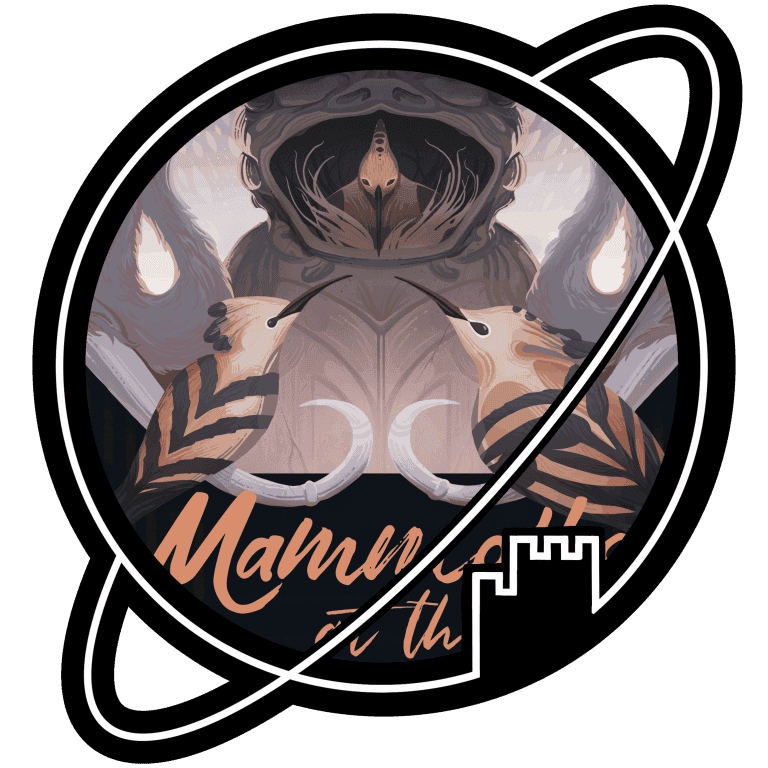

Listened to the audiobook with Cindy Kay – good narrator as with the previous instalments.
Finally, Chih returns home!
I’ve been reading the Singing Hills Cycle with a certain level of awe at how Vo is constructing her series of novellas – how she balances the main plot and frame narrative, worldbuilding versus character development and plot.
Mammoths at the Gates is perhaps the best instalment in the Cycle so far. It completes the transition from a series focussed on the stories Chih encounters to a series focussed on Chih’s own story. And of course it does so in a novella focussed on Singing Hills monastery, Chih’s home.
I think this timing is perfect: three novellas into the series, the reader is starting to get really curious about Chih’s background and character. Mammoths at the Gates gives us that exactly that worldbuilding hit that we crave. I especially loved the attention lavished on the until now mysterious neixin, the talking spirit-birds with infallible memory that accompany the clerics of Singing Hills.
What is even better is that Vo uses the opportunity not just to solidify the readers’ understanding of her world, but also of her main character. Chih returning home is the perfect plot device to tell us a little about their upbringing at the monastery. Mammoths at the Gates is also full of little character moments for Chih, like the way they interact with the novices of Singing Hills, that help flesh them out as a character.
The cherry on top is that Vo manages to stick with the formula of the series by perfectly integrating a round of storytelling in the story, even if the emphasis this time around is squarely on Chih’s own tale.
Perhaps Vo’s greatest achievement is how much storytelling she does in so little space. I can’t quite wrap my head around how Vo manages to include so much narrative in a novella format. But Vo is showing us what is possible, and I sure hope this format catches on.
Overall, I think Mammoths at the Gate is both great individually and also does a lot of work for the series as a whole – I am looking forward to the Singing Hills Cycle become a long-running fixture of the speculative genre. If there is any series that should have 15 instalments, it should be this one!
Tagged:
See also:
- Novella written by Nghi Vo
- Published 25 October 2022
- Part 3 in the Singing Hills Cycle
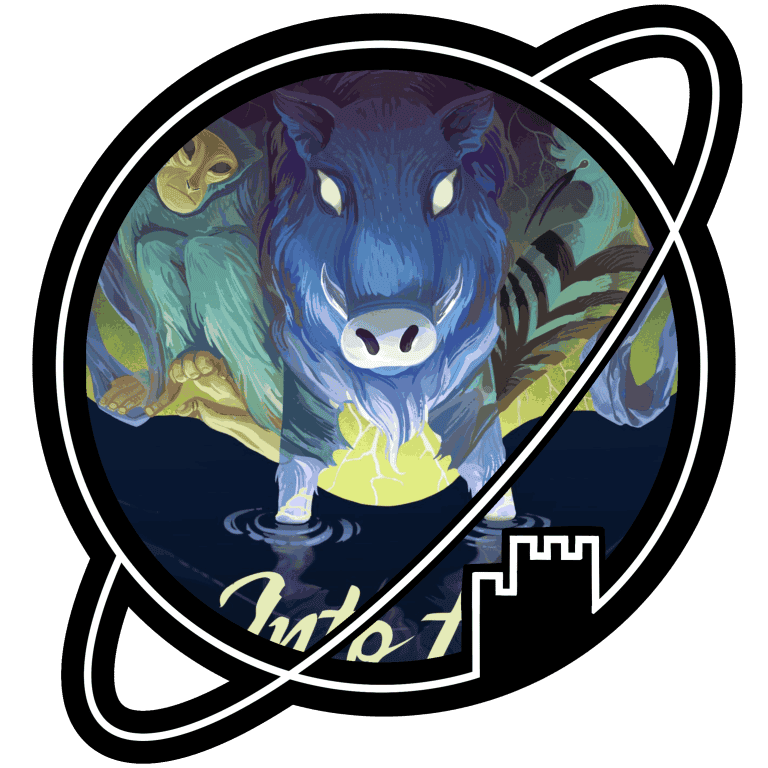

Listened to the audiobook with Cindy Kay – good narrator as with the previous instalments.
In my reviews of both The Empress of Salt and Fortune and When the Tiger Came Down the Mountain I praised the format of the Singing Hills Cycle and I will continue to do so here: I really like the novella format for the speculative genre and I think it could be explored more.
Clearly, the challenge in short-form speculative fiction is that there is less space for worldbuilding alongside everything else, and that forces the writer to make choices (and it forces the reader to fill in more of the gaps themselves). That difficulty is what I think kept the Murderbot Diaries from winning me over entirely.
Vo has not made it easy for herself with the structure of the Singing Hills Cycle, combining both frame narrative and main story in the space of the novella. Over the series, I feel the balance between the frame narrative and the story inside the frame is shifting. And Into the Riverlands occupies an interesting place in that.
While the characters in the novella tell each other stories in an almost The Canterbury Tales-esque fashion, the novella is very much about what occurs to Chih and her travelling companions in the ‘frame narrative’. The stories the characters tell each other are there to support that main story.
I understand the move towards a narrative that focusses on the recurring main character and I look forward to getting to know Chih and Almost Brilliant better.
So Into the Riverlands sits in an awkward transitional spot where the back-and-forth between the stories can be messy. At the same time, I think Vo uses that the transitional tale very well. Vo really leans into the unreliable narrator-trope by having her characters ask questions about the origin and the different versions of the stories they tell.
And I should not give the impression with all that analysis that the story of Into the Riverlands is not worth reading; it certainly is! I really like that Into the Riverlands, even better than The Empress of Salt and Fortune, ties the different stories in the novella together. Into the Riverlands has a number of evocative atmospheric scenes and Vo delivers another satisfying twist at the end of the story.
With Into the Riverlands, Vo proves that she is a master of the novella. She shows that she keeps reinventing the Singing Hills Cycle – and to give a sneak peak of Mammoths at the Gates, which, yes, I’ve already started: that exploration will continue. I certainly hope that Nghi Vo will continue to bring us novellas like these, because I will keep eating them up!
Tagged:
See also:
- Novella written by Nghi Vo
- Published 8 December 2020
- Part 2 in the Singing Hills Cycle
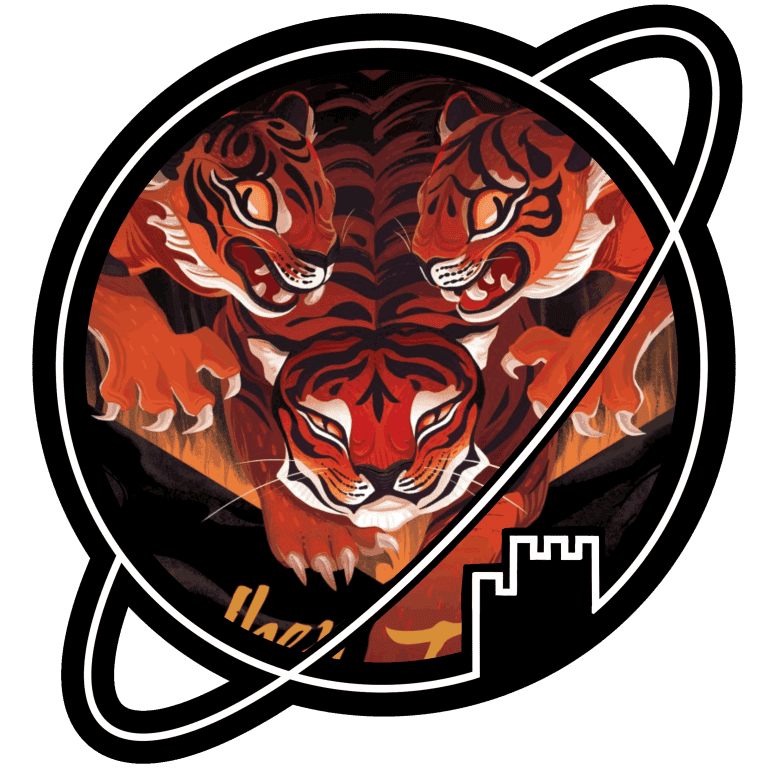

Listened to the audiobook with Cindy Kay – again, a great narrator. I particularly liked her husky tiger-voice.
I rolled straight from The Empress of Salt and Fortune into When the Tiger Came Down the Mountain – novella-length stories are perfect to whet my appetite and get me craving for more.
When the Tiger Came Down the Mountain is similar in structure to The Empress of Salt and Fortune: it features a frame narrative of Chih on a journey and a main narrative told by one of the characters.
An important difference between the two novellas is that the focus in When the Tiger Came Down the Mountain shifts somewhat from the main tale to the frame narrative. In fact, I found I was far more invested in the frame narrative than I was in the main story.
I suppose this is to be expected if the story of cleric Chih is to be the through-line in the Singing Hills Cycle, but it shifts the balance of the tale.
Vo manages this shift by having two of the characters bicker over the ‘correct’ version of the tale being told, taking turns to tell their version of the story. As a result, there are a lot of breaks in the main tale in which the frame narrative comes back in view.
I like this emphasis on the unreliability of the different narrators as a narrative device, but I think this repetition, alongside the fact that Vo spends more words on the frame narrative, means that there is a lot less space for depth in the main tale.
I still liked the story told by the characters of When the Tiger Came Down the Mountain, but it has more of a fable or fairy tale-esque quality to it, and less plot and emotional depth than the main tale of The Empress of Salt and Fortune.
Then again, in this case, I was happy to lose some depth in the main tale in order for the frame narrative to get some more room – especially because the frame narrative features those mammoths Vo hinted at in The Empress of Salt and Fortune.
I’m only two novellas in so perhaps I’m too quick to judge, but the piecemeal, very limited worldbuilding of the Singing Hills Cycle might solve the worldbuilding problem I ran into with the Murderbot Diaries.
I’m already looking forward to the next instalments in the Cycle. I’m curious what direction Vo will take the series in – wills he focus more on Chih or will she continue the style of a frame narrative and a main story? With some luck, you’ll be able to read my review of Into the Riverlands very soon!
Tagged:
See also:
- Movie directed by Christian Rivers
- Based on Mortal Engines by Phillip Reeve
- Starring Hera Hilmar, Robert Sheehan, Hugo Weaving, Jihae, Ronan Raftery, Leila George, Patrick Malahide, and Stephen Lang.
- Released 27 November 2018
- Runtime: 128 minutes

My review of the Mortal Engines novel concluded that it was a middling teen adventure story that was enjoyable enough to read but that it was mostly set apart by its evocative worldbuilding.
That would appear to be the perfect kind of story to turn into a big-budget blockbuster.
So how did the Mortal Engines adaptation turn into one of the biggest box office bombs of all time?
Well, the first ingredient for a big loss is a big budget, and the production value of Mortal Engines really shows. The opening sequence of London chasing down and devouring a little Bavarian town looks gorgeous and spectacular and everything I had dreamed up while reading the novel. That mostly holds up throughout the story: the costumes and CGI are good and blend together well enough. So far, so good.
How about the acting? Mortal Engines isn’t full of big names and Oscar winners, but the actors do a decent enough job – I didn’t feel there were standout performances, but then, the movie doesn’t leave a lot of room for character moments – which bring us to…
The plot feels a bit rushed – like the book, the Mortal Engines adaptation is very highly paced, with the action driving the movie forwards constantly with very little room for reflection or character. Still, we’re watching a teenage adventure action flick so I’m having a tough time accepting that the sub-par plot sunk this movie. If sub-par writing tanked movies, most movies would tank.
So what’s going on?
I don’t find it easy to put my finger on what made this movie a commercial failure, but if I’d have to guess, it is that it ultimately feels a little incoherent and just too derivative.
The grab-bag of settings and tropes that I mentioned in my review of the novel is also present in the movie: steampunk airships, dieselpunk mobile traction fortresses, a terminator robot, a future-past miracle weapon… with all these separate influences, it is not easy to define a coherent visual style that is easy for the viewer to latch on to. Whatever you go with, something will always feel out of place.
As such, it may be uniquely difficult to suspend your disbelief for all elements of the Mortal Engines movie.
And if you’re not fully absorbed, some of those scene start looking awfully familiar. Especially the visual comparisons with Star Wars, The Matrix or Terminator are easily drawn. And if the plot progresses at a breakneck pace while bringing nothing new, if the characters are decent but not quite convincing, and the villain rolls his future-past lightning-crackling energy weapon up to the gates of the cliché orientalist good guys…. you might just tap out.
At least, if you’re expecting depth and emotion and not just a rule-of-cool visual spectacle. Because if a rule-of-cool visual spectacle is what you’re after, you could do far worse than Mortal Engines. And as an adaptation of a teenage adventure novel, that is not a particularly bad spot to land.
Overall, Mortal Engines is certainly not exceptional, perhaps not even good, but I would venture to say that it is good enough. Good enough for a rainy weekday evening with nothing else to do and no expectations at risk of being disappointed.
Whether I would have recommended you to watch it in cinemas though….
It was a lazy evening desperately in need of some simple enrichment that led me to streaming Mortal Engines. I had some vague memories of Peter Jackson’s involvement in this movie (though apparently he didn’t direct it). This, along with a glimpse of the trailer, was enough for Jasmijn and me to give it a shot.
The worldbuilding was the first thing that really excited me. It’s no news that post-apocalyptic settings quickly appeal to me, though it’s not necessarily easy to do completely original things with them (after a few zombie and nuclear apocalypses, you have a general idea of what a desolate world looks like). As such, the concept of mobile cities that ‘devour’ each other for resources had me captivated. Bonus points for the sheer decadence of London having incorporated St Paul’s (including catacombs) on top of their moving settlement.
The visual effects, costumes and general designs of the locations really help sell the world of Mortal Engines. Though the wow factor of the opening scenes weakens somewhat thereafter, everything is a delight to look at en feels like a real (lived in) location. Some additional things that stood out to me were the gigantic tracks left by the mobile cities and a settlement existing of floating air balloons.
The plot of Mortal Engines is entertaining and manages to keep you on your toes, though it is not necessarily as unique or gripping as its worldbuilding. Additionally, it’s very fast-paced. Though this means there is always some action to keep your attention, it also means that the main characters never really get time to breath. Their relationships have difficulty developing in a way that feels organical and subplots and mysteries are often wrapped up in ways that left me wanting for more emotional depth. The only time this movie really made me feel something was in the subplot involving Shrike (which also contains some interesting themes, by the way). I would have loved to see the care taken with this personal storyline reflected in the rest of the narrative.
Even though the pacing of Mortal Engines leaves little room for its characters, the cast is fairly solid. Hugo Weaving makes a convincable antagonist, and Hera Hilman and Robert Sheehan (whom I love in The Umbrella Academy) portraying the protagonists with as much emotion as the writing allows them.
On the whole, I would say Mortal Engines deserves more love than it apparently got. There were some (action) scenes that had me squeeling enthusiastically. This is more than I can say of most Marvel movies I’ve seen.
Tagged:
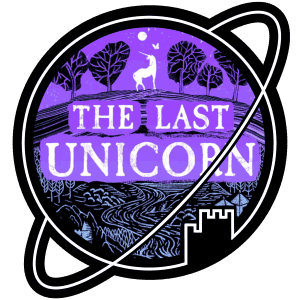
Review: The Last Unicorn – Peter S. Beagle
The unicorn has been living undisturbed in her forest for hundreds of years. That is, until she overhears a human saying she may well be the very last of her kind. She decides to leave her peaceful forest and sets out on a dangerous quest, in search of other unicorns.
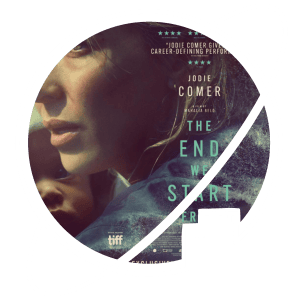
Review: The End We Start From – Mahalia Belo
When an environmental crisis sees London submerged by flood waters, a young family is torn apart in the chaos. As a woman and her newborn try and find their way home, the profound novelty of motherhood is brought into sharp focus in this intimate and poetic portrayal of family survival. (Rotten Tomatoes movie description)
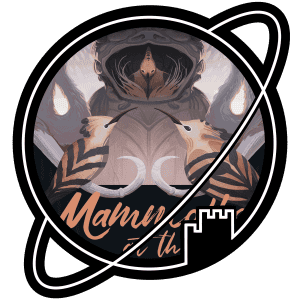
Review: Mammoths at the Gates – Nghi Vo
Chih is a cleric from the Singing Hills monastery, travelling the world gathering stories. When at long last they return home to Singing Hills to enter their stories into the archives, they find the monastery in a curious crisis: mammoths have come down from the north, the empty halls echo as the divine and most of the clerics are off on a mission, and the neixin aviary is in uproar over the grief of one of their number.

Review: Into the Riverlands – Nghi Vo
Chih is a cleric from the Singing Hills monastery, travelling the world gathering stories. When they cross the Riverlands, their travelling companions tell them stories of legendary bandits and martial arts masters, while philosophising on the origin of those stories and what the stories say about the people that tell them. But as they tell tales of bandits, they better look over their shoulders on the road…
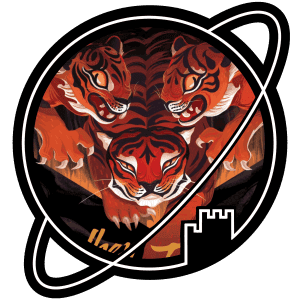
Review: When the Tiger Came Down the Mountain – Nghi Vo
Chih is a cleric from the Singing Hills monastery, travelling the world gathering stories. When a pack of tigers threatens to eat them while they are on their way to a mammoth waystation, Chih offers to tell the tigers the tale of the scholar Dieu and her tiger wife Ho Thi Thao instead. Whether the tigers like Chih’s version of the tale remains to be seen.
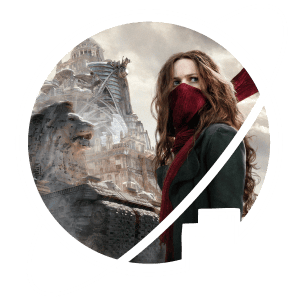
Review: Mortal Engines – Christian Rivers
Tom Natsworthy is an apprentice historian in the traction city of London – a mobile metropolis chasing other traction settlements across the hunting grounds to devour their resources and enslave their people. Tom’s life is turned upside down when he meets heroic explorer and head historian Thaddeus Valentine – and witnesses a failed attempt to assassinate him.










